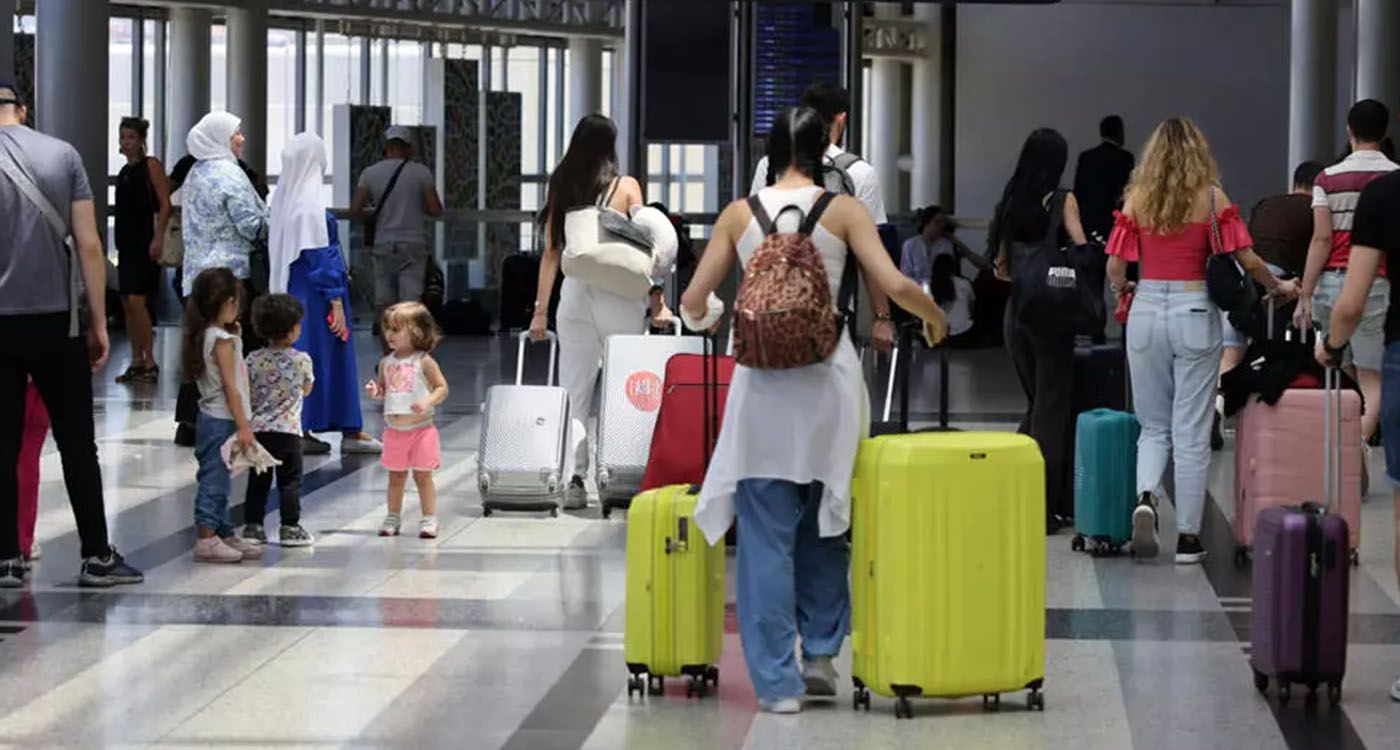
The war is over; planes are once again sweeping across Beirut’s skies and luggage is back on conveyor belts. Yet, airfares to Lebanon remain stubbornly high - enough to make any expat pause before clicking “pay.” So why are ticket prices still soaring, even in a (relatively) quiet time?
Since relative calm returned to Lebanon, one might have expected fares to drop. Not quite. Between high taxes, risk premiums, soaring operational costs, and a limited number of flights - not to mention the complete absence of low-cost carriers - travelers are still paying a steep price to fly into Beirut.
“Demand hasn’t dipped, driven by expats still willing to splurge to see their families,” says one travel agency owner. The result? A fare structure that leaves many grinding their teeth.
Consider the numbers: a round-trip from Paris or Dubai to Beirut can easily run between $800 and $1,200 in high season, while Paris–Larnaca hovers around €500.
No, you’re not dreaming, that’s more expensive than crossing the Atlantic.
So who’s driving up the rates? Let’s take a closer look.
Fuel, Insurance, Taxes: Lebanon’s Costly Trio
Sources close to Middle East Airlines (MEA), the national carrier, point to fuel as the biggest culprit. During times of instability, airlines over-budget, and that means higher fares. Though the bombs have stopped, risk premiums for flying over Lebanon remain stubbornly high. Traveling to a country listed as “sensitive” remains a gamble for airlines, who pass the cost of their anxiety on to passengers.
Add hefty airport taxes imposed right at the tarmac, proof that prices keep climbing even before takeoff.
Still, Beirut’s skies are busy again. With over 100 daily flights and 12,000 to 15,000 passengers, according to recent figures from Beirut Rafic Hariri International Airport, expats are returning - wallets lighter, hearts heavier - to reunite with family, tabbouleh, sea, and mountains.
But it’s not tourists filling the planes; it is Lebanese expatriates. Tourists continue to shun a destination seen as too expensive, too unstable, or both. The result? Diaspora Lebanese tighten their belts to afford tickets, while tourists opt for cheaper getaways in Turkey, North Africa, or the Greek islands.
Tourists crunch the numbers: costly flights, pricey hotels, and security worries. Lebanon simply can’t compete with destinations offering better value.
The Tourism Ministry has launched campaigns, but so far, the only thing answering the call is the credit cards of Lebanese abroad.
Between taxes, insurance, fuel, and geopolitical turmoil, tickets to Beirut remain steep. Until Lebanon’s image steadies for good, prices won’t be coming down anytime soon.
So, dear expats, take a deep breath (that one is free) and buckle up: your love for Lebanon comes at a cost, the price of your plane ticket.




Comments